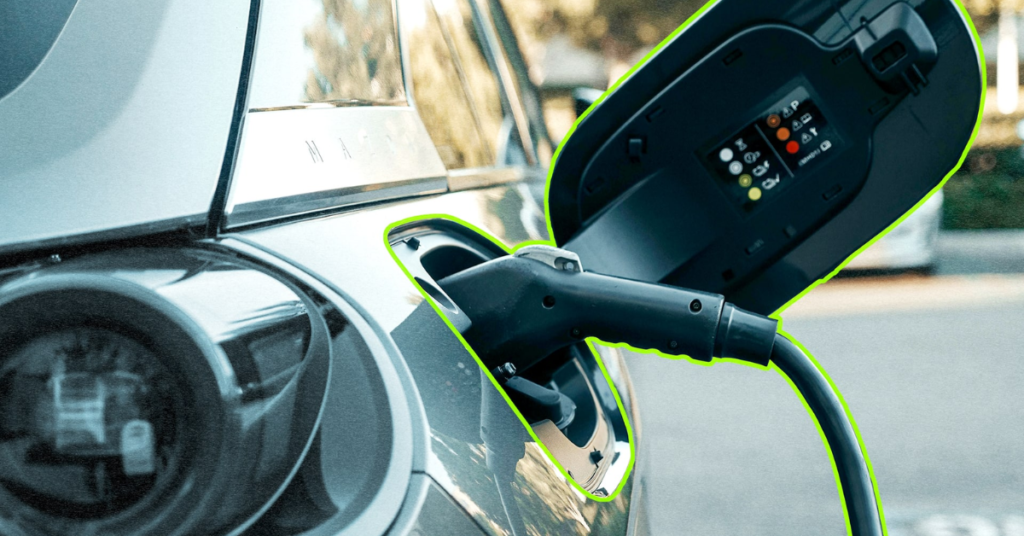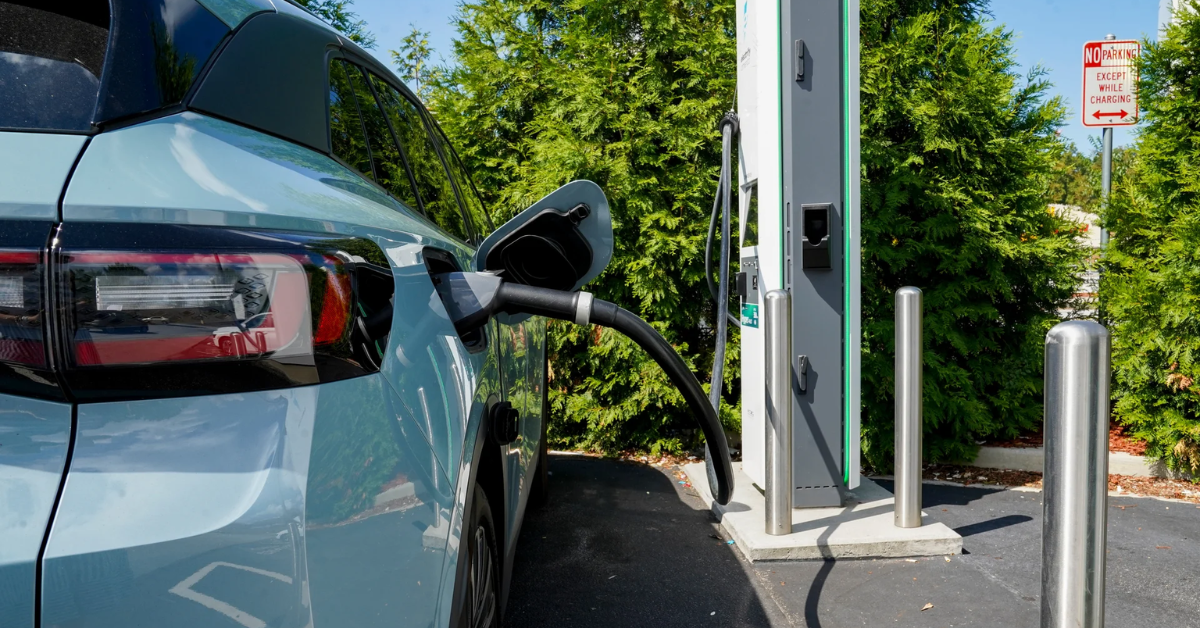Donald Trump’s decision to halt the National Electric Vehicle Infrastructure (NEVI) program has thrown the expansion of EV charging stations into uncertainty, sparking legal and political battles that could determine the future of electric vehicle infrastructure across the U.S.
Priester’s Pecans, a well-known Alabama business, was one of several locations set to receive federal funding for new EV chargers. This funding, part of the $5 billion NEVI program established under the 2021 Infrastructure Investment and Jobs Act, was meant to accelerate the country’s shift toward electric transportation. However, on February 6, a directive from the Trump administration halted all spending under the program, leaving billions of dollars in limbo.
A letter from the Federal Highway Administration announced that states could not proceed with spending their allocated NEVI funds until updated guidance was issued and new state plans were submitted. While some previously obligated funds—about $400 million—could still be used, nearly 90% of the NEVI budget is now on hold.
The pause has caused widespread confusion, particularly in states that had already been moving forward with their EV infrastructure plans. Alabama, for example, had already suspended its own NEVI implementation before the Trump administration’s order.
Republican-led states like Wyoming are now considering whether to return their federal EV funding, while states like Illinois and Maryland remain committed to their charging infrastructure plans, regardless of federal intervention.
Legal experts argue that Trump does not have the authority to halt the NEVI program permanently. The funds were approved by Congress as part of the bipartisan infrastructure law, and the executive branch does not have the power to revoke them indefinitely.
Elizabeth Turnbull, director of policy and regulatory affairs at the Alliance for Transportation Electrification, has stated that any attempt to block the funds for an extended period would likely be overturned in court.
Several lawmakers have already challenged the Trump administration’s directive. Democratic members of the Senate Committee on Environment and Public Works sent a letter to the Department of Transportation demanding an explanation for the funding freeze.

They also questioned whether individuals linked to Elon Musk’s so-called “Department of Government Efficiency” played a role in the decision. While Musk’s Tesla owns the largest network of EV fast chargers in the U.S., it remains unclear how the NEVI pause might impact the company.
In Alabama, where NEVI funding was expected to provide $79 million for new charging stations, plans are now uncertain. Governor Kay Ivey had previously praised the initiative, highlighting its benefits for both EV drivers and Alabama’s growing electric vehicle manufacturing sector. The state had also allocated $2.4 million for training programs at Bevill State Community College to support EV infrastructure, but it is unclear whether those funds have already been distributed.
North Carolina, another state impacted by the funding pause, had planned to use $103 million in federal money to build dozens of new EV charging stations. With those plans now in limbo, officials are unsure how to proceed. Some stations had already been awarded funding, while others were awaiting approval. The state’s Department of Transportation has paused the next round of funding requests until further notice.
Despite the Trump administration’s actions, many stakeholders remain committed to the growth of EV infrastructure. Companies like Love’s Travel Stops, which was set to receive $5.8 million in Alabama alone, have pledged to continue installing chargers nationwide. Even states that have paused their NEVI implementation, such as Alabama, continue to fund EV charging projects through other sources.
In Illinois, officials have reaffirmed their commitment to supporting EV infrastructure. The state was set to receive $148 million in NEVI funds over five years, focusing on fast chargers along major highways. While those plans are now uncertain, Illinois has launched a separate $100 million rebate program through Commonwealth Edison to promote EV adoption and charging station development.
Maryland is another state moving ahead despite the federal pause. The state had already allocated $12.1 million in NEVI funds to build 126 charging ports at 22 sites. Governor Wes Moore’s administration remains committed to expanding EV charging access, arguing that electrification is essential for economic growth and reducing climate pollution.
The impact of Trump’s directive is also being felt in Wyoming, where officials were in the early stages of implementing NEVI. The state has only 110 public EV charging stations across 6,800 miles of highway, making its infrastructure among the least developed in the nation. The Wyoming Department of Transportation has paused its NEVI implementation while awaiting further guidance from the federal government.
Industry leaders and environmental advocates have criticized the Trump administration’s decision, warning that it could slow the transition to clean transportation and harm U.S. competitiveness in the global EV market.
The Sierra Club has called the move “an attack on bipartisan funding that is driving investment and innovation in every state.” Meanwhile, the Alliance for Transportation Electrification argues that EV adoption will continue to grow regardless of political roadblocks.
While litigation is likely to determine the fate of the NEVI program in the coming months, experts believe the shift toward electric vehicles is inevitable. The U.S. automotive industry has already invested heavily in electrification, with companies like Toyota and Kempower expanding battery and charging infrastructure manufacturing in states like North Carolina.
Ultimately, whether or not the NEVI pause is reversed, the momentum behind EV adoption continues. Industry leaders, state governments, and environmental advocates remain committed to ensuring that America’s charging network keeps pace with the growing number of electric vehicles on the road. The question now is how long it will take for legal and political battles to resolve the uncertainty surrounding the future of EV infrastructure funding in the U.S
Disclaimer: This article has been meticulously fact-checked by our team to ensure accuracy and uphold transparency. We strive to deliver trustworthy and dependable content to our readers.








